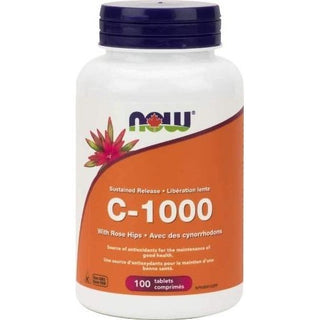Free Shipping on Orders Over $75 CAD
We also offer reliable international shipping so you can enjoy our premium natural health products no matter where you are. Shipping rates and delivery times vary based on location.
We will send you an email to reset your password.

We will send you an email to reset your password.
Need help placing an order or buying in bulk? Our experts are here to assist you!

At Win in Health, your safety and trust are our top priorities. That’s why we work exclusively with authorized and carefully vetted distributors to ensure the highest product quality.
✅ Guaranteed Authenticity & Quality
All our natural health products are stored in our own warehouses and shipped directly to you, preserving their freshness and effectiveness.
✅ Health Canada Certified (NPN Approved)
The majority of our products proudly carry the Health Canada NPN (Natural Product Number) certification, ensuring they meet the strictest safety and efficacy standards.
✅ No Third-Party Sellers – 100% Secure Shopping
To provide a truly authentic and reliable shopping experience, we do not allow third-party resellers on our platform. Every purchase made on our website is guaranteed to be safe, legitimate, and of the highest quality.
Shop with confidence at Win in Health, where authenticity, quality, and your well-being come first. Order today and experience the difference!

We also offer reliable international shipping so you can enjoy our premium natural health products no matter where you are. Shipping rates and delivery times vary based on location.
Adding product to your cart
Need help placing an order or buying in bulk? Our experts are here to assist you!
Known for its anti-fatigue properties, this star vitamin, also known as ascorbic acid, has more than one advantage. Here's an update and some advice.
Its role
- Vitamin C is involved in the formation and, above all, the repair of collagen in bones, cartilage, ligaments and small blood vessels (capillaries).
- It promotes absorption of dietary iron.
- It plays a part in resistance to infection (immunity) by strengthening the role of leukocytes, the body cells that defend us against external aggression.
- Like vitamin E, vitamin C is an antioxidant vitamin that helps combat free radicals. In particular, it plays a role in preventing the risk of cataracts by combating the opacification of the crystalline lens induced by free radicals.
- It is an essential agent in the production of collagen (the skin's cement), helping to prevent wrinkles.
- It helps allergy sufferers combat asthma and colds.
Causes and consequences of deficiency
Several factors can lead to vitamin C deficiency:
- smoking: each cigarette pumps out 25 mg of vitamin C.
- alcoholism
- undernutrition, particularly in the elderly
- low consumption of fruit and vegetables
- stress, a major consumer of vitamin C
- intensive sport
Vitamin C deficiency can lead to fatigue, lack of appetite, muscle pain, shortness of breath on exertion, drowsiness, dry skin and reduced resistance to infection.
Recommended daily intake of vitamin C :
Children: 60 to 100 mg
Adolescents: 110 mg
Adult women and men: 110 mg
Pregnant women: 120 mg
Nursing women: 130 mg
Elderly: 120 mg
Smokers: 140 mg
Where to find it
Vitamin C is found only in fruit and vegetables, notably kiwifruit (80 mg/100 g), cabbage (57 mg for red cabbage, 50 mg for cauliflower...), citrus fruit (52 mg for lemons and oranges, 37 mg for grapefruit...), peppers (160 mg on average), watercress (60 mg), aromatic herbs (37 mg for chervil, 200 mg for parsley, 60 mg for chives...).
Good to know
Vitamin C is the most fragile of all vitamins. Every time it is exposed to light, high temperature, humidity, a basic environment or, on the contrary, too acidic, it deteriorates.
To preserve the vitamin C content of foods as much as possible, avoid long storage conditions (especially in the light), peel and wash them as little as possible, and avoid waiting in the open air or long cooking times.
$47.99
$34.99
$24.99
from $31.99
$31.99
from $52.99
from $39.99
from $15.99
$78.99
$26.99
$26.99
from $41.00
from $41.00
$37.99
Regular price
$44.99
from $35.99
$20.99
$20.99
from $50.75
We strive to provide accurate product information, but manufacturers may sometimes change their ingredient lists, which may result in differences between the information displayed on our website and the information on the product packaging. We recommend that you do not rely solely on the information presented on the site and always read labels, warnings, and directions before using or consuming a product. For additional information about a product, please contact the manufacturer. The information provided on this site is for reference purposes only and does not replace the advice of a licensed healthcare professional. You should not use this information to diagnose or treat a health problem or disease. Contact a healthcare professional immediately if you suspect you have a health problem.

